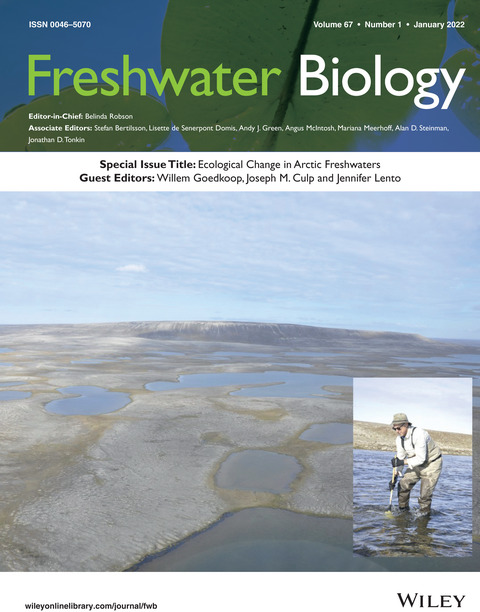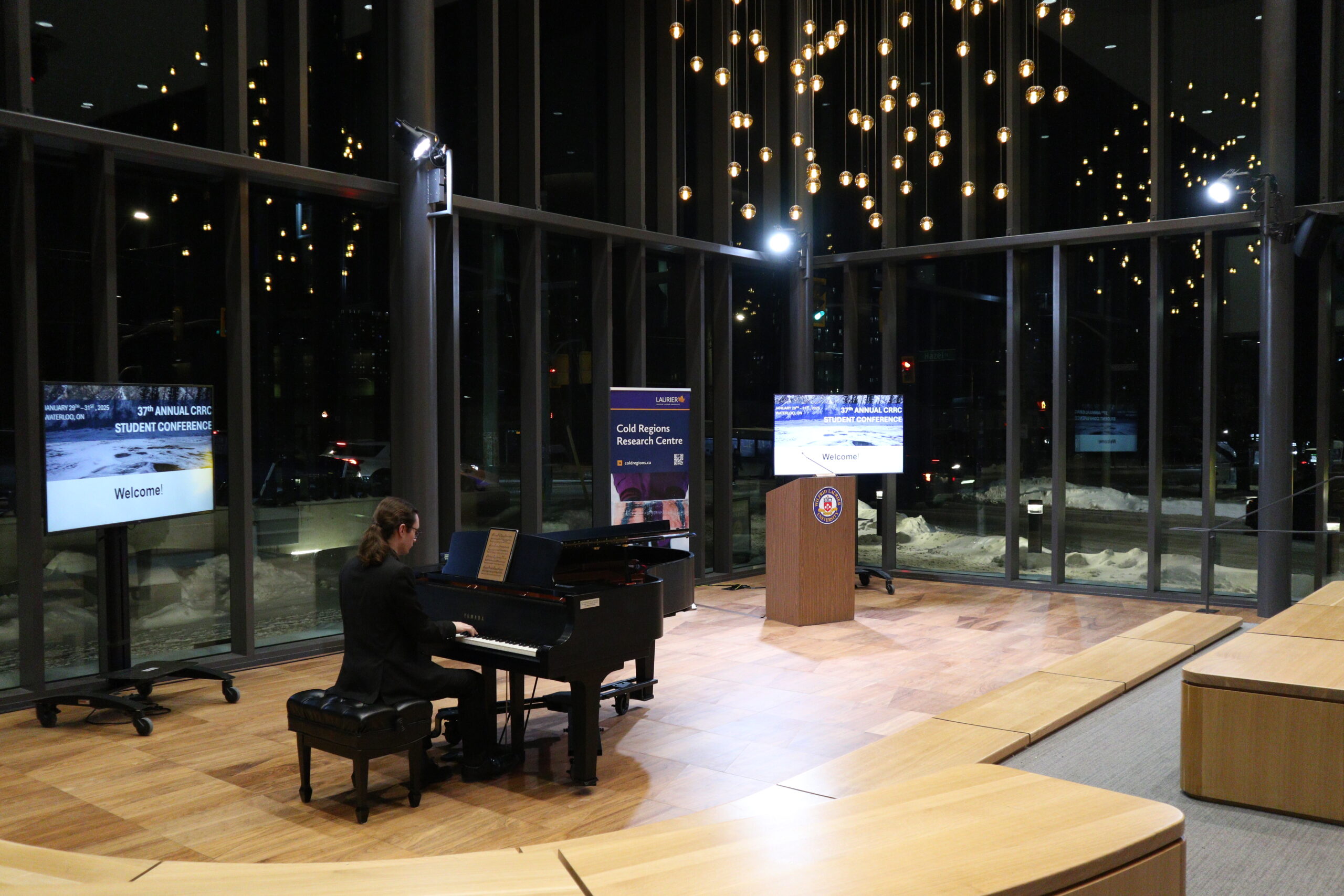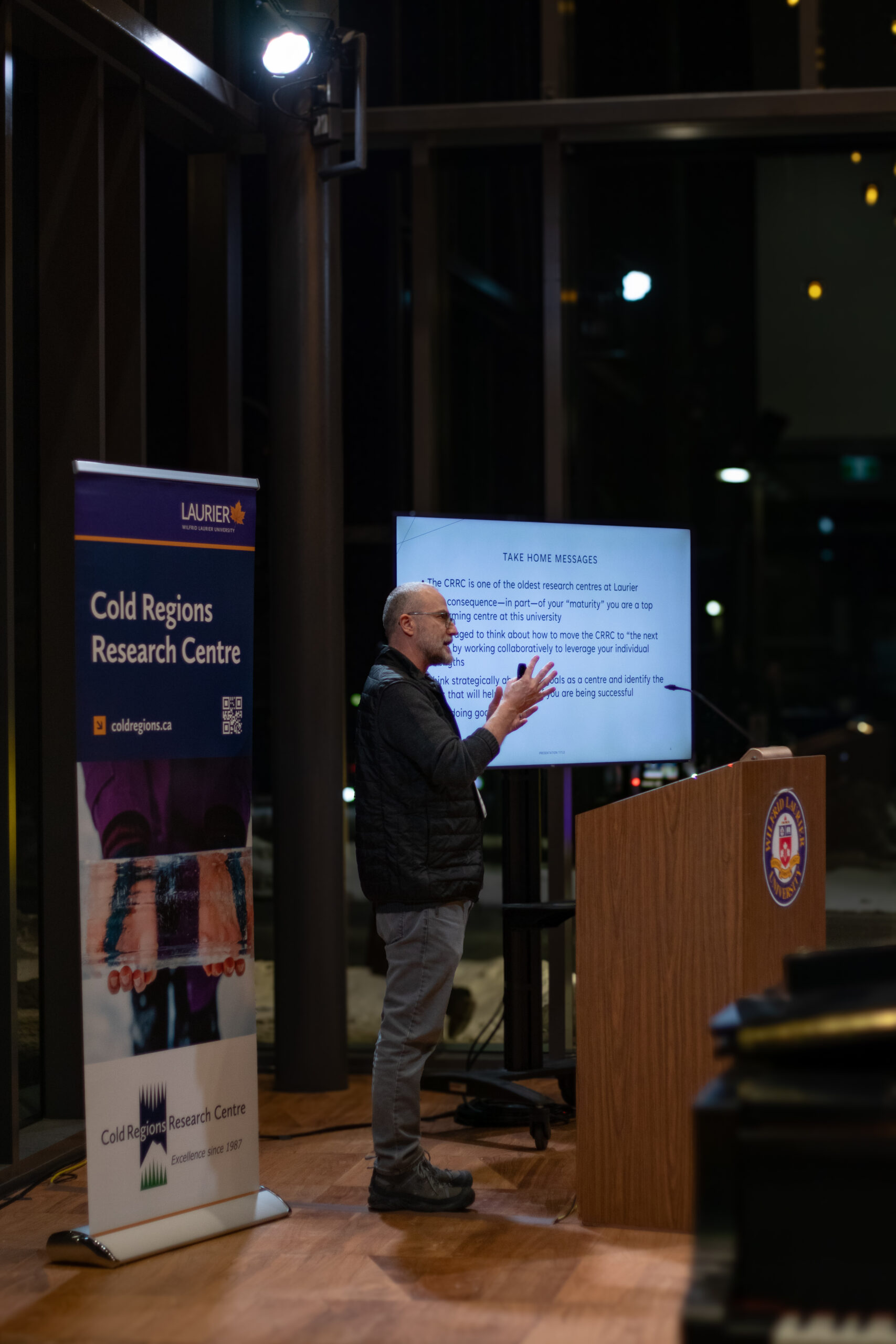CRRC member Joseph Culp co-led the development of a special issue of Freshwater Biology that is focused on regional and circumpolar assessments of Arctic freshwater biodiversity (Volume 67, Issue 1). The issue was based on the work of the freshwater group of the Circumpolar Biodiversity Monitoring Program (CBMP), part of the Conservation of Arctic Flora and Fauna (CAFF) working group of the Arctic Council.

The papers in the special issue include assessments of Arctic freshwater chemistry; regional biodiversity patterns in lakes and rivers of Fennoscandia, Russia, and North America; long-term fish catch records in Norway and Iceland; circumpolar assessments of benthic diatoms, plankton, benthic macroinvertebrates, and fish; and a systematic review of published Indigenous Knowledge. Several CRI Fellows and Associates contributed to this large effort, which represents the first comprehensive assessment of biodiversity across the circumpolar Arctic.
All papers in the issue are open access, and freely available to read at the link bellow.












